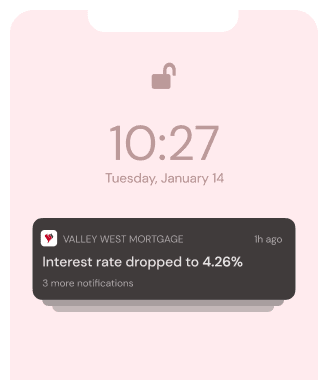Just over a quarter of a million veterans live in Nevada as of 2018 and we’ve got a list of major benefits that you may not know about that includes a veteran home in Boulder City.
VA Home Loans
We offer A $0 down payment mortgage option available to Veterans, Service Members and select military spouses. These loans are guaranteed by the U.S Department of Veteran Affairs.
Contact Us Today! (702) 696-9900
Our experienced team is ready to get you your dream home!!
Veterans Tax Exemption
Available to any veteran with wartime service. The exemption may be applied to either a veteran’s vehicle privilege tax or real property tax. You’ll need to take your DD214 or discharge papers to your local assessor’s office.
Disable Veteran Tax Exemption
Available for any veteran with a service-connected disability of 60 percent or more. The amount available varies between $6,250 to $20,000 of the assessed value, depending on the percentage of disability and the year filed. Must have an honorable discharge. Benefits can be passed to the widow or widower of a disabled veteran. This may be applied to vehicle or personal tax.
Career
Veterans receive preference points when testing for open and open non-promotional examinations for state jobs. Must have an honorable discharge.
- 10 points: disables veterans with written proof of service-connected disabilities
- 5 points: veterans with honorable discharge, un-remarried surviving spouse of veteran
Veteran Education Benefits
National Guard: The University of Nevada system may grant a waiver of tuition and laboratory fees for any active member of the Nevada National Guard.
Children and Surviving Spouses (National Guard)
The University of Nevada system may grant a waiver of tuition and laboratory fees for any child or surviving spouse of a Nevada National Guard member killed in the line of duty.
A child may use the waiver for 10 years after they attain the age of 18 years. A surviving spouse may use the waiver for 10 years after the member's date of death.
Grant-In-Aid for the Family of a Member Killed in the Line-Of-Duty
Dependents of an active duty member killed in the line of duty while permanently stationed in Nevada may be eligible for a financial grant that does not require repayment.
Recreational Benefits
Hunting & Fishing: Disabled Veteran
The State of Nevada Wildlife Division issues discounted hunting & fishing licenses to any honorably separated veteran who has a service-connected disability of 50% or more.
Hunting & Fishing: Active Duty
The State of Nevada Wildlife Division will issue a discounted combination license to Nevada residents stationed outside of Nevada and home on leave.
State Parks
Honorably discharged Nevada veterans with a permanent disability of 10 percent or more can get a pass for free entrance to all state parks, camping, and boat launch facilities. There is a low annual renewal fee.
Remember if you’re in the market to purchase your dream home let us know!
In-House Processing | Underwriting | Funding & More
VA | FHA | Conventional | Reverse | Refinance & More



